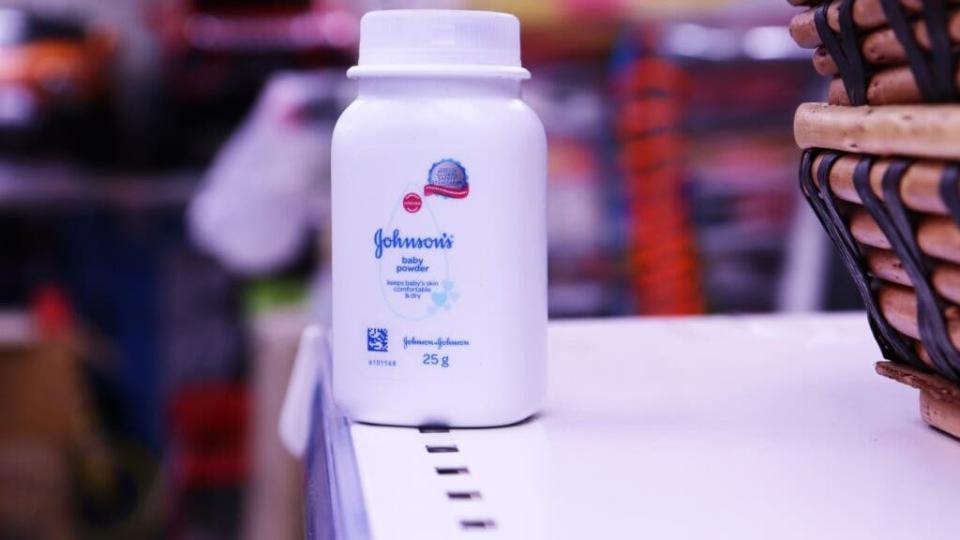Court Rules Against Johnson & Johnson In Talcum Powder Cancer Study Case

A New Jersey federal judge has dismissed a lawsuit brought by a Johnson & Johnson (NYSE:JNJ) subsidiary against Dr. Jacqueline Moline, who published a paper linking talc-based consumer products to cancer.
The court found that Moline’s research was neither fraudulent nor libelous, reaffirming her free speech rights under the First Amendment.
U.S. District Judge Georgette Castner ruled that Moline did not engage in fraud, libel, or false advertising when she published a 2020 paper concluding that exposure to asbestos-contaminated talcum powder products can cause mesothelioma.
Also Read: Judge Blocks Cancer Victims’ Attempt To Stop Johnson & Johnson Bankruptcy Plan.
The lawsuit, filed by Johnson & Johnson’s subsidiary LTL Management, failed to prove that the research was “verifiably false,” Reuters noted, citing Judge Castner.
The company created LTL Management to shield itself from numerous talc lawsuits. Last year, it sued four researchers for allegedly fraudulent scientific studies. The lawsuit against the other three researchers is still pending.
Johnson & Johnson faces over 61,000 lawsuits from plaintiffs alleging its talc caused ovarian cancer or mesothelioma. With a mixed record in litigation, the company seeks support for a $6.48 billion settlement proposal to end the lawsuits.
This offer, however, has divided plaintiffs’ lawyers. Many opponents argue against using LTL Management’s bankruptcy to end current and future lawsuits, preferring trials over a forced settlement.
Johnson & Johnson’s previous two attempts at a bankruptcy settlement were unsuccessful.
The company accused Moline of profiting as a paid expert in asbestos cases, noting her involvement in over 200 cosmetic talc cases and her testimony in 16 trials.
Nonetheless, Castner found that Moline had transparently disclosed her role as a litigation expert and the origins of her study data from medical records and depositions.
Moline even issued a correction post-publication to note that one individual in her study was exposed to asbestos from contaminated cigarette filters.
Read Next:
Price Action: JNJ shares are up 0.31% at $146.91 at the last check on Tuesday.
Disclaimer: This content was partially produced with the help of AI tools and was reviewed and published by Benzinga editors.
Photo via Wikimedia Commons
"ACTIVE INVESTORS' SECRET WEAPON" Supercharge Your Stock Market Game with the #1 "news & everything else" trading tool: Benzinga Pro - Click here to start Your 14-Day Trial Now!
Get the latest stock analysis from Benzinga?
This article Court Rules Against Johnson & Johnson In Talcum Powder Cancer Study Case originally appeared on Benzinga.com
© 2024 Benzinga.com. Benzinga does not provide investment advice. All rights reserved.

 Yahoo Finance
Yahoo Finance 